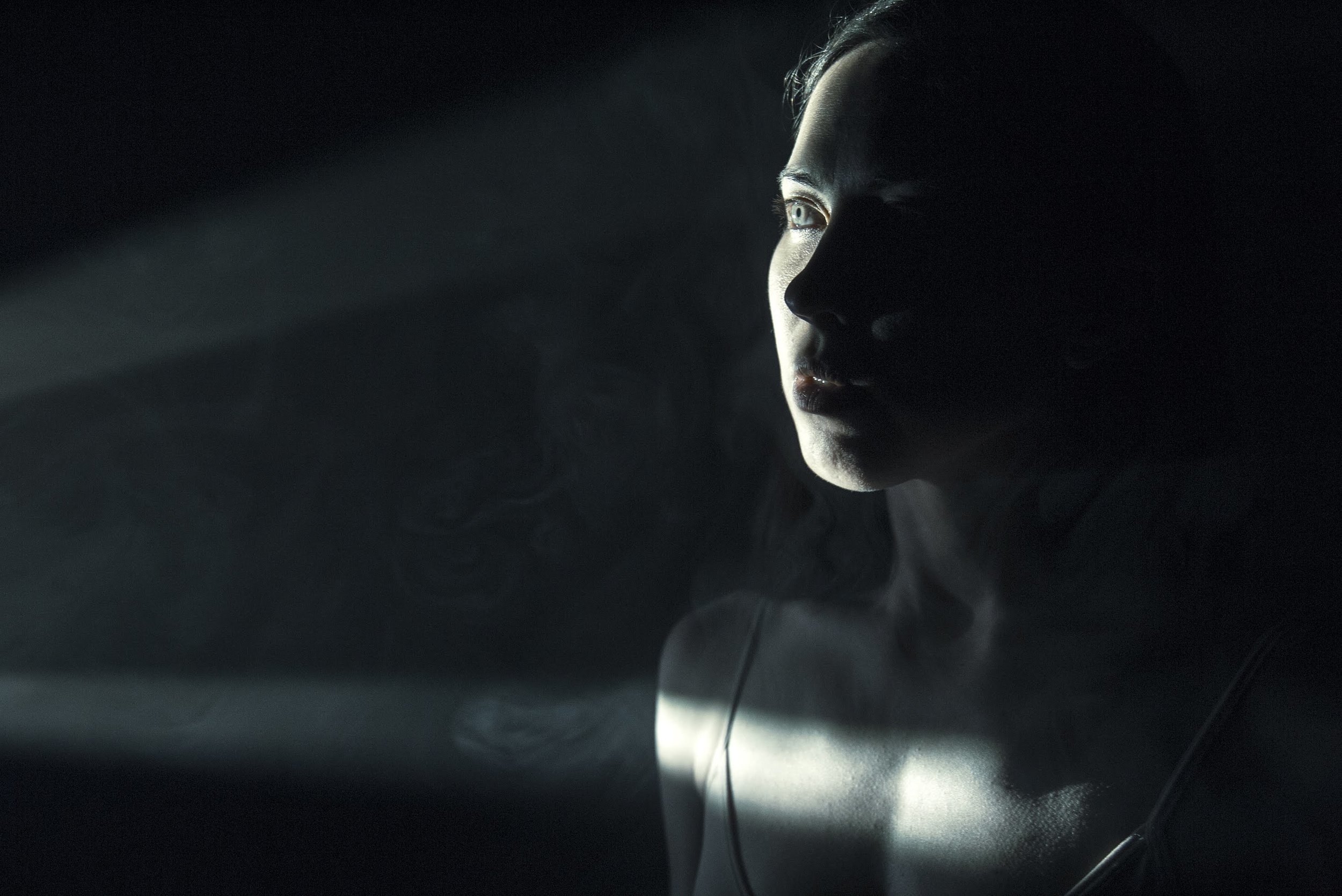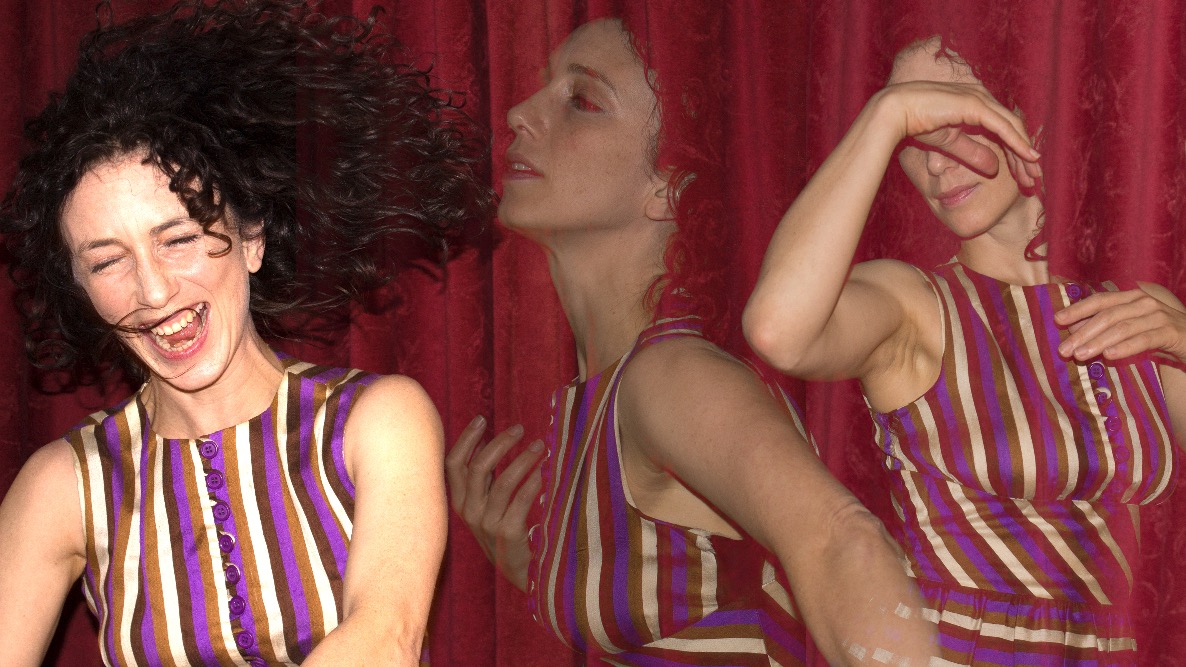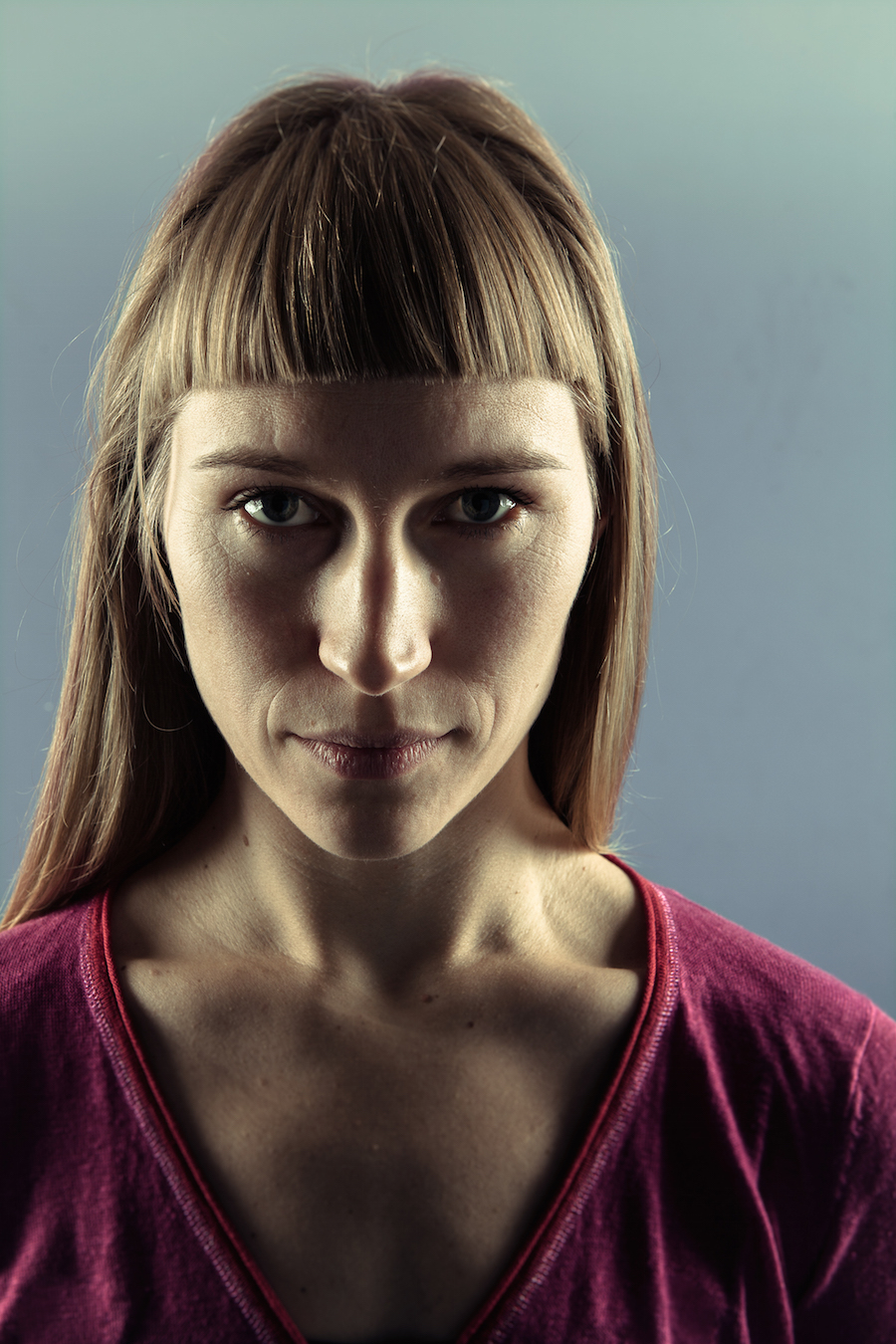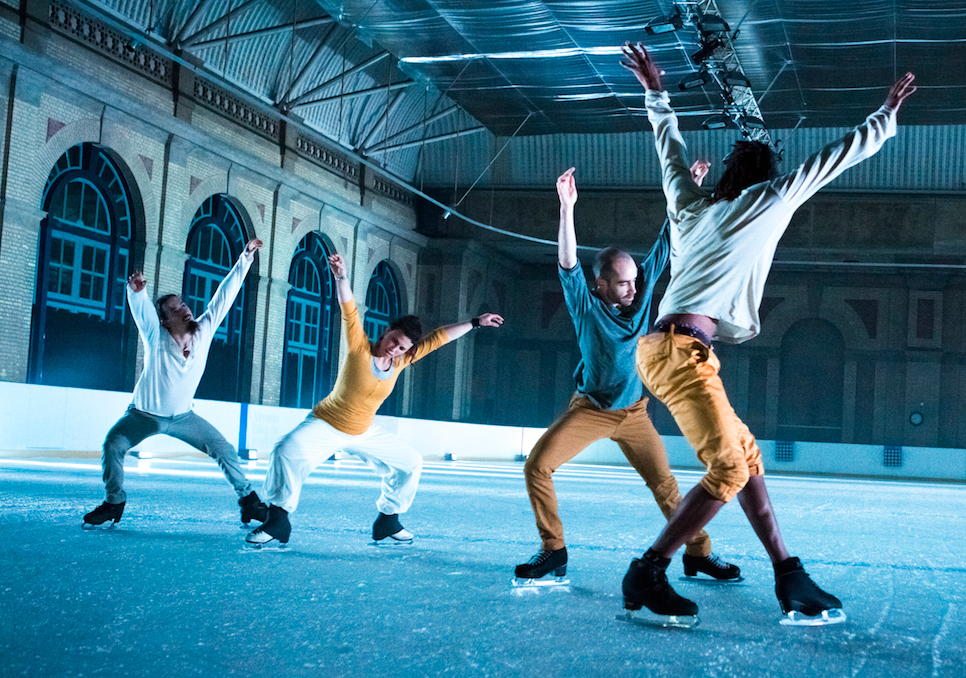"[Dance] It gave me an outlet and a way to express myself, and to be in a space where I could see myself represented."
Read More"Beast Martha" image by Zoe Manders

"Beast Martha" image by Zoe Manders
"[Dance] It gave me an outlet and a way to express myself, and to be in a space where I could see myself represented."
Read More
photo credit Pia Johnson.
“I am such an instinctual person as well, I really trust in the process, and allowing things to evolve and come up. So the work, in away makes its self along the way.”
Read More
Photo credit: Joseph Lau
“you actually can you have agency in designing your own career”
Read More
Poster image New York late 1970’s, image supplied Jane Desmond.
“As dancers and dance scholars we have the ability to articulate how embodied senses of self in the world and how specific embodied practices come to have social meaning, and how those presumed meanings circulate in public discourse, influencing public policy and political claims, with long term and complex results.”
Read More
Mette Ingvartsen, photo by Danny Willems
“The fact that the sexual undertone, or the desiring undertone that a lot of dance is operating through, for me it was very important to make it explicit. To actually say ‘okay part of what is happening here is a question of desire, it is a question of being stimulated physically. Then there are many different levels or layers of this happening of course. In my work it was about saying, we have to recognise that these underlying structures are there, and if we recognise it and even expose it explicitly then maybe we can actually look at for something else or question ourselves….”
Read More"I am observing them, observing me."
Read More"It is easier to change an aesthetic rather than a physical form, so by having different bodies on stage you then start to change the aesthetic, which then starts to change peoples perspectives."
Read More
“Branding it as contemporary dance is bad for marketing. Contemporary dance is often seen as elitist, boring […] for snobs by a very large section of the public.”
Read More
“I didn’t have a great interest in having a dance company or directing a dance company, it came out of necessity. […] My interest has always been about making work.”
Read MoreDelving into Dance is free to anyone who wants to learn more about dance, to continue to provide high quality content we rely on the generous contributions of listeners.